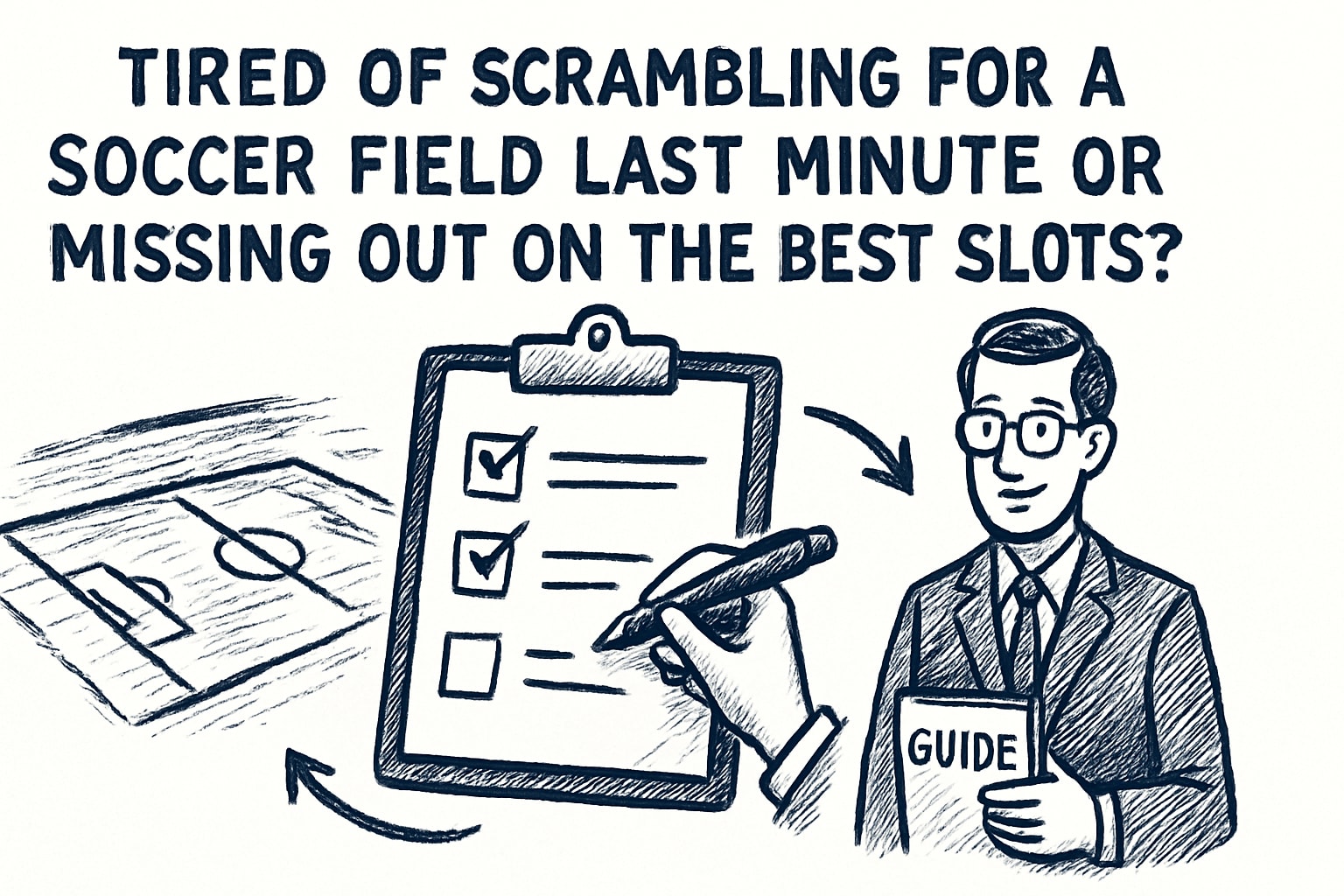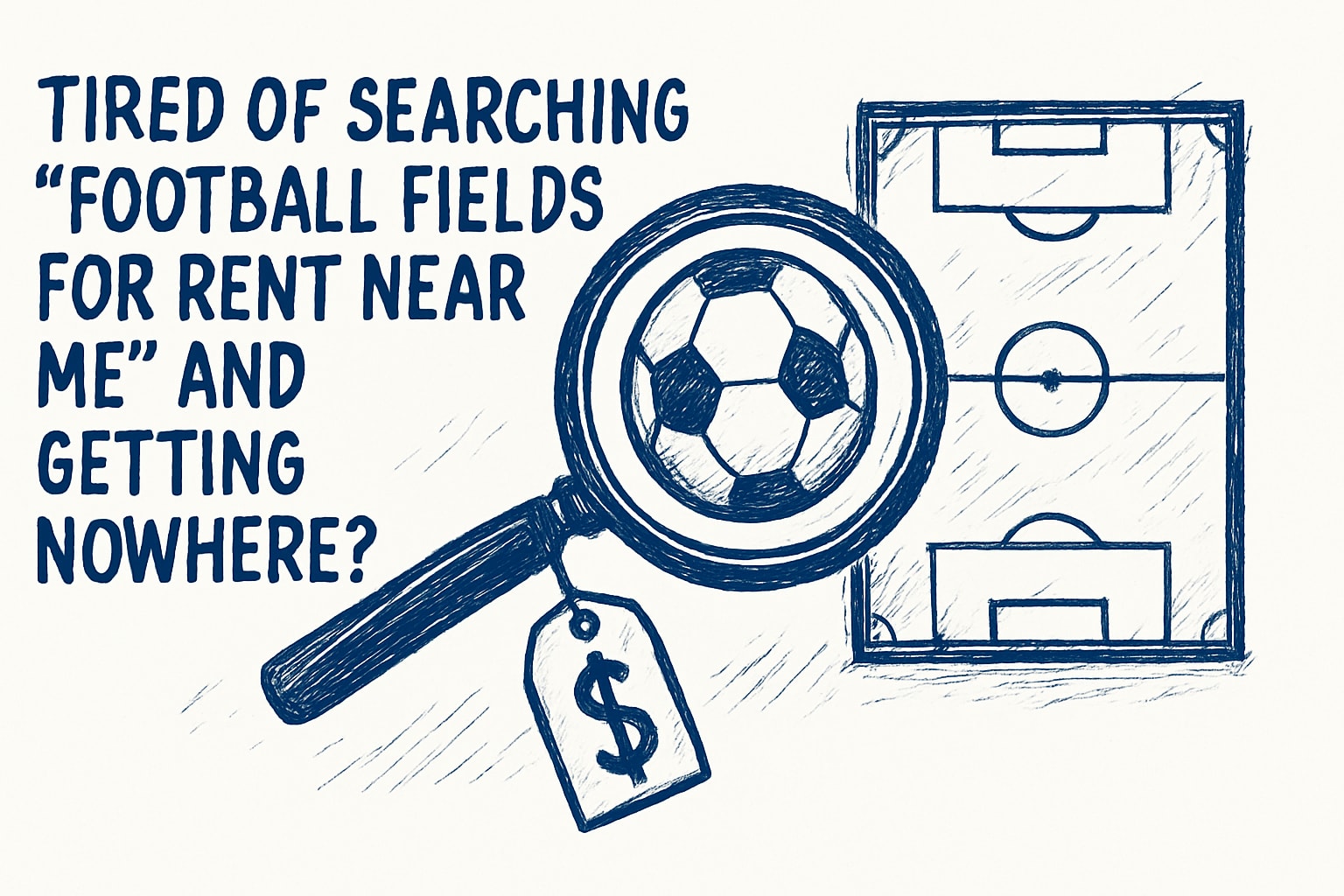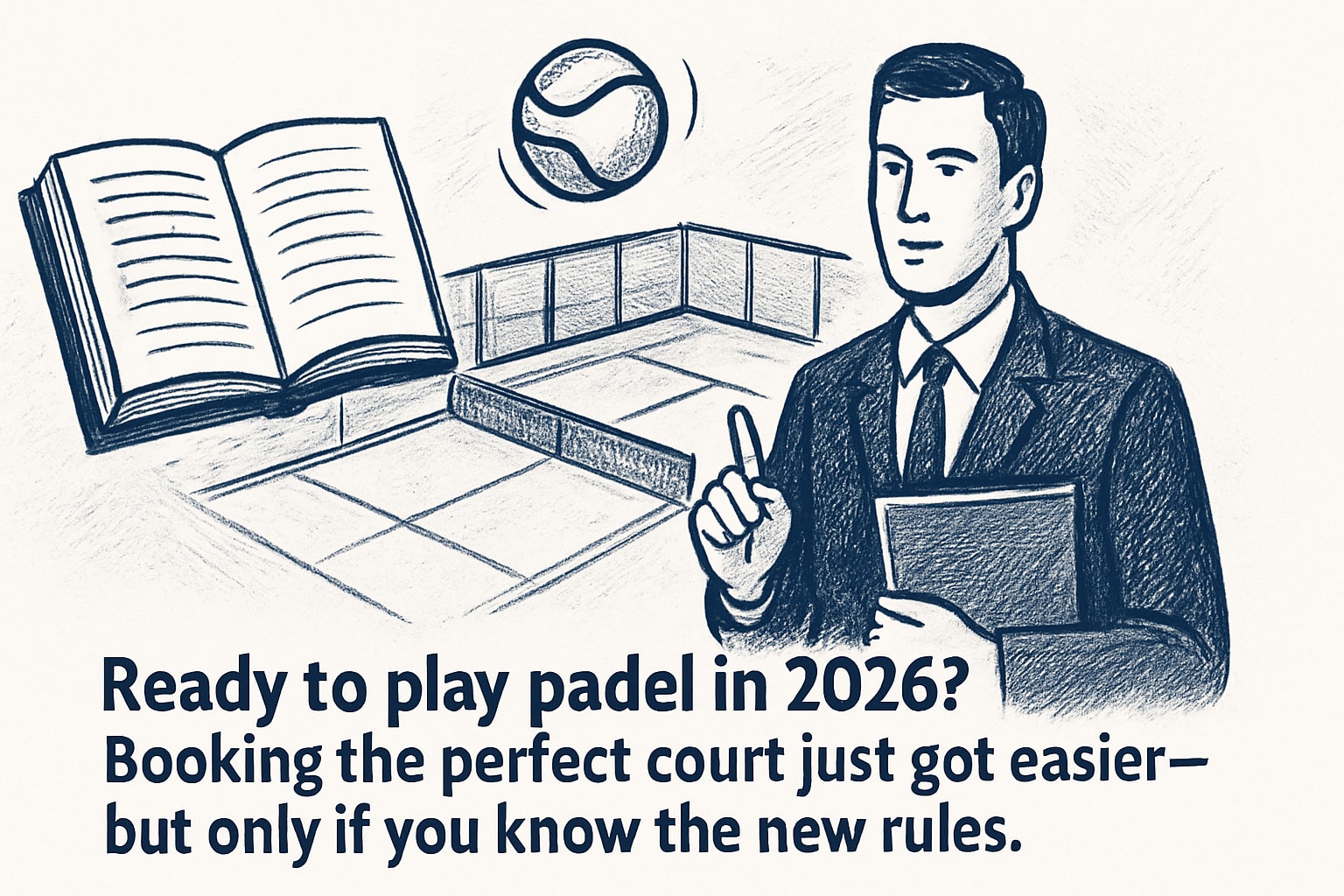Télécharger Poteau
Soccer Trainer
The role of a soccer trainer is crucial in player development, as they guide athletes in enhancing their skills, fitness, and overall game understanding. Engaging in pick up soccer near me provides players with additional opportunities to practice in real-game scenarios, complementing structured coaching. Accessing soccer training near me ensures consistent improvement through organized sessions, while private soccer training near me offers personalized coaching tailored to individual needs, accelerating progress and maximizing potential. Choosing the right trainer is essential, as it directly impacts a player's progress and success both on and off the field.
Types of soccer trainer
Soccer training involves various types of professionals, each focusing on different aspects based on the needs of individual players or teams. These trainers can specialize in individual sessions, group coaching, or specific skills. Here's a summary of the main types of trainers and their responsibilities.
Personal Trainer (Individual Sessions): Works one-on-one with a player to improve technical, tactical, and physical skills through personalized sessions. Focused on enhancing individual performance tailored to specific needs.
Team Trainer (Group Sessions): Works with groups of players, from youth teams to professional clubs, focusing on collective tactics and team dynamics. Aims to develop team strategies and strengthen group cohesion.
Specialized Trainer (Specific Skills): Specializes in particular areas such as goalkeeping, fitness, or technique. Dedicated to improving specific skills and enhancing individual strengths.
Qualities of an effective soccer trainer
An effective soccer trainer must possess a combination of experience, communication skills, and a motivational approach. Experience, along with relevant certifications, is crucial as it demonstrates the trainer's expertise and ability to implement proper training techniques. Trainers with a solid background are better equipped to teach players and guide them in improving their skills.
In addition to experience, strong communication skills are essential. A good trainer must be able to clearly explain instructions, listen to players, and foster an open dialogue. This helps create an environment where players can learn effectively, understand their roles, and work as a cohesive unit.
Lastly, an effective trainer must have a motivational approach. The ability to inspire and encourage players, especially during challenging moments, helps boost confidence and morale. Motivated players are more likely to remain focused, committed, and perform at their best, both individually and as part of the team.
How to find a soccer trainer near you
Finding a soccer trainer near you can be made easier through online tools and directories, as well as recommendations from local clubs and leagues. Online platforms and apps, like poteau-app, allow you to search for qualified trainers based on location, specialty, and availability. These tools often provide reviews and ratings from other users, helping you make an informed choice.
Additionally, local soccer clubs and leagues can be great resources for finding trainers. Many clubs have established relationships with experienced coaches and can offer recommendations tailored to your needs. By reaching out to these organizations, you can find trusted trainers who have a proven track record and are familiar with the local soccer scene.
Benefits of working with a soccer trainer
Personalized feedback and skill development
One of the key benefits of working with a soccer trainer is receiving personalized feedback tailored to your individual needs. Unlike general team training, a one-on-one session with a trainer allows for a more focused approach to improving specific areas of your game. Whether it's refining technical skills like ball control, passing, or shooting, the trainer can identify areas of weakness and provide targeted exercises to address them. This individualized attention ensures that the training is relevant and maximizes the player's potential, allowing for faster progress and more effective learning.
Improved fitness, technique, and game strategy
A soccer trainer not only helps improve technical skills but also plays a crucial role in enhancing overall fitness and game strategy. Trainers create fitness programs that focus on stamina, agility, strength, and endurance, all of which are essential for performing at a high level in soccer. Additionally, they work on developing tactical awareness, teaching players how to read the game, make quick decisions, and implement strategies effectively during matches. With the guidance of a trainer, players can build a well-rounded skill set that improves both their physical conditioning and mental approach to the game.
Cost of hiring a soccer trainer
The cost of hiring a soccer trainer can vary based on several factors, including the type of session, the trainer’s expertise, and the location. Here’s an overview of the average rates and the key elements that influence pricing:
Average rates for individual sessions: One-on-one sessions with a soccer trainer typically range from $40 to $100 per hour, depending on the trainer’s experience and location.
Average rates for group sessions: Group training sessions are usually more affordable, with rates ranging from $15 to $50 per person per hour, depending on the group size and the trainer’s expertise.
Factors influencing pricing:
Expertise: Highly experienced trainers or those with advanced certifications may charge higher fees due to their specialized knowledge and proven track record.
Location: Trainers in urban areas or regions with higher living costs tend to charge more for their services.
Session type: Personalized individual sessions are generally more expensive than group sessions, as they offer tailored coaching and focused attention.
Overall, the cost of hiring a soccer trainer depends on the level of customization and the trainer’s qualifications, but it’s important to balance cost with the quality of training to achieve the best results.
Evaluating a soccer trainer
When evaluating a soccer trainer, it's essential to consider several factors to ensure you find the right fit for your needs. One effective approach is to schedule trial sessions. These allow you to assess the trainer’s coaching style, communication, and whether their methods align with your goals. Trial sessions provide the opportunity to experience firsthand how the trainer works with players and whether there’s a good rapport.
In addition to trial sessions, reviews, testimonials, and success stories can offer valuable insights into the trainer’s reputation and effectiveness. Feedback from previous clients or players can highlight the trainer's strengths, such as their ability to improve skills, motivate players, and deliver results. Checking these testimonials helps ensure that the trainer has a track record of success and is trusted by others in the community.





